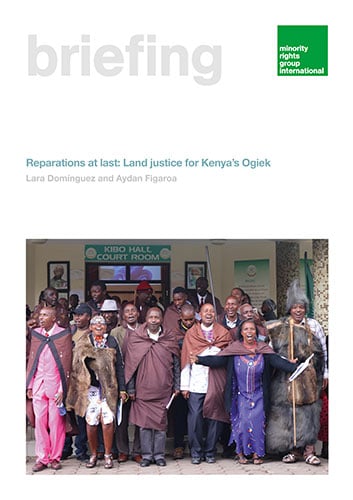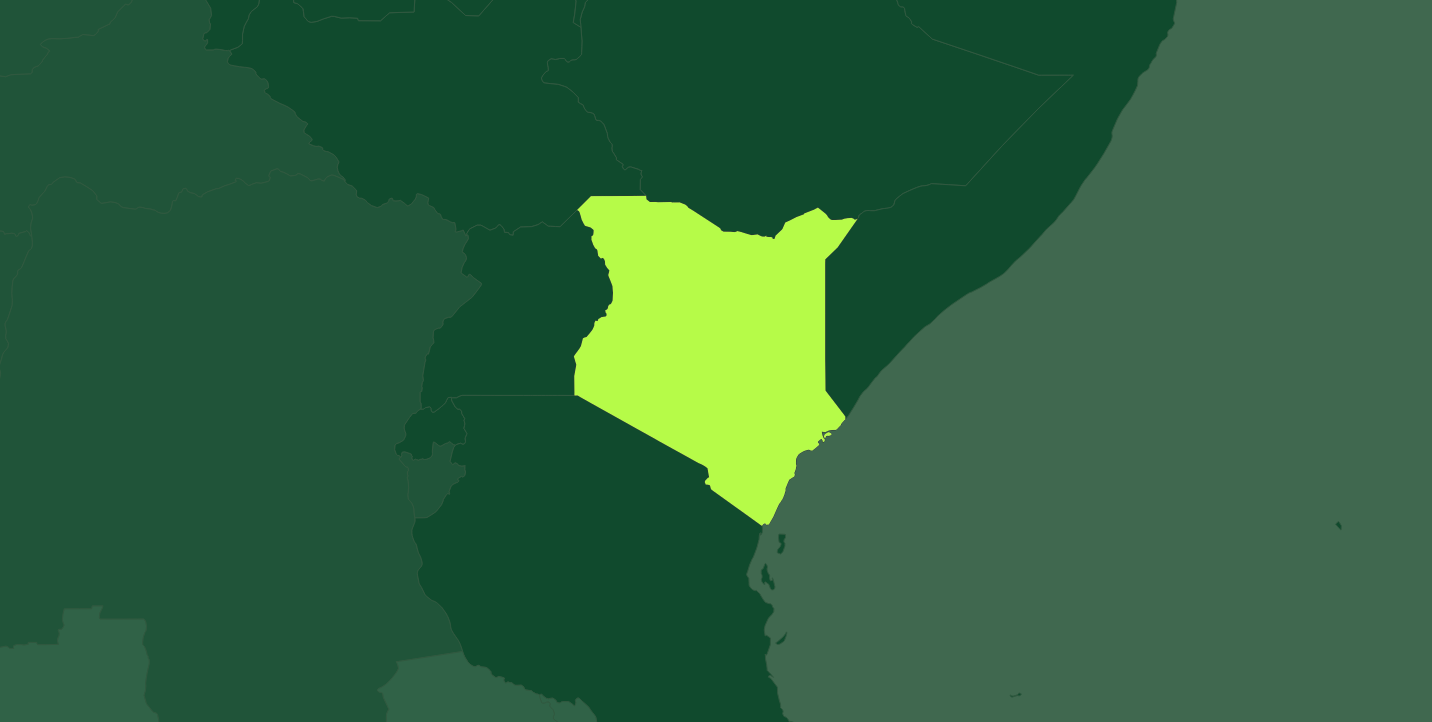
Reparations at last: Land justice for Kenya’s Ogiek
Since time immemorial, indigenous communities in Kenya have been victims of land rights abuses. With the advent of colonization, these communities were dispossessed of their lands which were given to British settlers. Subsequent post-colonial governments did nothing to remedy these historical land injustices, instead, this history of arbitrary dispossession continues under the guise of conservation.
The Ogiek of the Mau Forest in Kenya are among Africa’s last remaining forest dwellers and have lived there since time immemorial. To them, the Mau Forest is a home, school, cultural identity and way of life that provides the community with an essential sense of pride and destiny. In fact, the term ‘Ogiek’ literally means ‘caretaker of all plants and wild animals’.For decades, Ogiek have been routinely subjected to arbitrary forced evictions from their ancestral land without consultation or compensation, first by colonial authorities and subsequently by the Kenyan government. Ogiek rights over their traditionally owned lands have been systematically denied and ignored, while the government has allocated land to third parties, including political allies, and permitted substantial commercial logging to take place without sharing any of the benefits with the Ogiek. The culmination of all these actions has resulted in the Ogiek being prevented from practising their traditional hunter-gatherer way of life, thus threatening their very existence.
After numerous unsuccessful attempts to have their grievances addressed by the government, in 2009, the Ogiek, represented by Minority Rights Group International (MRG), the Ogiek People Development Program (OPDP) and the Centre for Minority Rights Development (CEMIRIDE) approached the African Commission on Human and Peoples’ Rights (the Commission) with their grievances.
In 2012, the African Commission referred the matter to the African Court on Human and Peoples’ Rights (the African Court). In 2017, the African Court delivered a landmark judgment on the merits of the case in favour of the Ogiek, holding that the Kenyan Government has breached the community’s rights to their ancestral lands together with numerous other related human rights.
Five years later, in June 2022, the Court delivered a reparations judgment which set out remedies for the breaches found in the 2017 judgment. The reparations judgment represents a hard-won and long-awaited victory for the Ogiek after decades of dispossession, non-recognition and marginalization. This judgement is significant because it clarifies the scope and content of state obligations to uphold indigenous peoples’ land rights, and emphasizes the importance of protecting indigenous people’s property rights as integral to the fulfilment of other rights including social and cultural rights. It also emphasizes the importance of an effective consultation process concerning indigenous people. The Court’s Merit and Reparation judgments are novel and represent a beacon of hope for other indigenous peoples across Africa.
The African Court’s twin judgments also represent a new paradigm on the protection of the rights of indigenous peoples and on conservation in Africa. ‘This briefing summarizes the Ogiek reparations judgement of 23 June 2022, giving an overview of the years-long struggle of the Ogiek community for the tenure of our ancestral land, the Mau Forest. The landmark judgement of the African Court gives our community access to and ownership of our natural resources in the Mau Forest, considered by us Ogiek to be our supermarket for all and sundry: we get our food, medicine, materials for shelter, and special spiritual nourishment among myriads of things from the forest’, says Daniel Kobei, Founder and Executive Director of OPDP.
This brief explains the reparations judgement by the African Court. It gives a brief historical background to the case before the African Court and thereafter describes the considerations of the African Court and the decisions made. Finally, it also discusses the implications that the reparations judgement has, not only for the Ogiek community but also for other indigenous communities in Africa.
